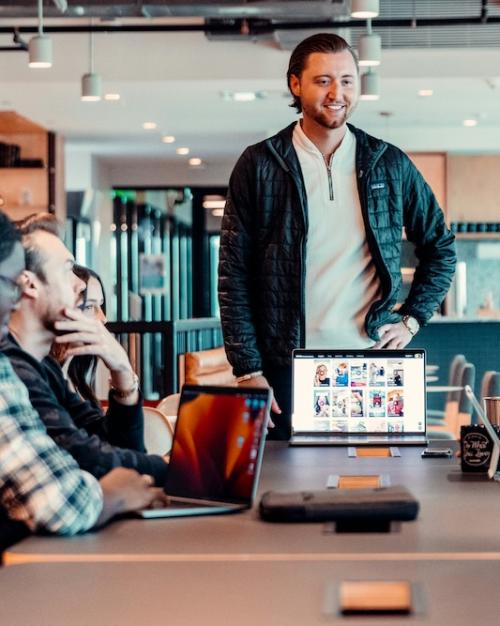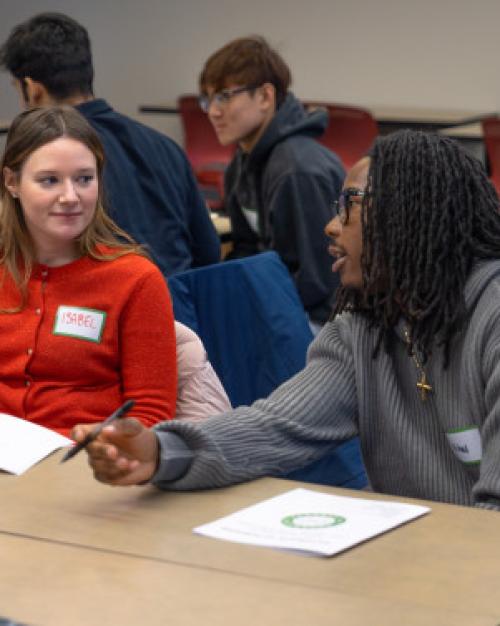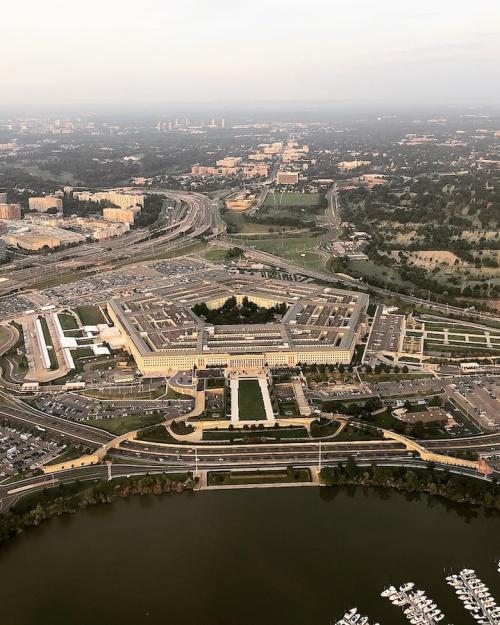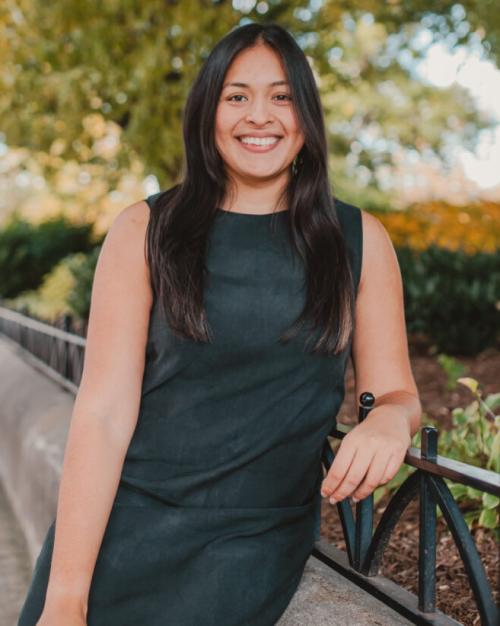Angie Torres-Beltran is a doctoral candidate in government from central Florida. She earned her B.A. in international and global studies at the University of Central Florida and now studies how women’s political participation is influenced by gender-based violence and interactions with state institutions under the guidance of Sabrina Karim and Gustavo Flores-Macías at Cornell.
What is your area of research and why is it important?
My research focuses on gender, violence, state-society relations, and civic and political behavior in Latin America (Mexico, in particular). More specifically, my dissertation examines how gender-based violence and interactions with state institutions can hinder women’s formal political participation but, at the same time, mobilize their informal political participation. This is important to understand because gender-based violence and appropriate institutional responses to this violence remain a pervasive issue for gender equality. Therefore, by centering gendered experiences with violence and state institutions, my dissertation provides a necessary gendered examination of governance and its consequences.
What are the larger implications of this research?
My research suggests that institutions tasked with delivering justice to women and other victims of gender-based violence must take into account three key findings. First, institutions should introduce a form of shared governance that incorporates the decision-making power, leadership, and authority of activists and women’s civil society organizations. Second, bureaucrats should undergo gender sensitivity and trauma-response training and ensure appropriate implementation of laws and policies. Third, institutions should identify successful programs and initiatives aimed at addressing gender-based violence and provide the political and bureaucratic capital to institutionalize such knowledge and promote their continuation across changes in administration and personnel.
What have you gained by participating in the NextGen Professors Program?
The NextGen Professors Program has given me the resources and space to grow academically and professionally. The program has focused on preparing us for an academic career through formal and informal discussions centered on our career trajectory, professional profile, and mentoring. While the lectures have been informative, I have enjoyed and learned so much from my fellow cohort members. Apart from being kind and insightful, they have also shared their personal experiences and knowledge about the academic job market, industry, or other post-Ph.D. opportunities which has been illuminating as I prepare for this next stage.
How has this program been helpful in working toward your professional goals?
This program has been extremely helpful as I work towards entering the academic job market. The application materials required me to write a diversity, research, and teaching statement—all of which are required for academic job applications. Therefore, I was able to begin preparing these statements much earlier than anticipated. Moreover, the mentoring discussions we have had with Faculty Power Mentors have been incredibly honest. This has been helpful as I narrow down the kinds of careers I want to pursue after the Ph.D.
What are your hobbies or interests outside of your research or scholarship?
Outside of my research, I am an advocate for first-generation, historically-excluded students. I have dedicated the past 10 years of my life to helping and mentoring students as they prepare for college, graduate school, or other careers.
I also like to run, watch movies, and collect postcards. During fieldwork for my research last year, I completed the Mexico City Marathon, and it was one of the most beautiful experiences of my life.
Why did you choose Cornell to pursue your degree?
I choose to come to Cornell for two reasons. First, the faculty and graduate students. When I first visited Cornell in 2018, I was absolutely miserable in the cold, wet weather and told myself there was no way I would join this program. However, as I met faculty and graduate students, it was obvious that there was a tight-knit community that would support me and all my endeavors (in all kinds of weather!). Second, ever since I started, I have been pushed to become a better scholar and this has been invaluable for me as I pursue academia.





